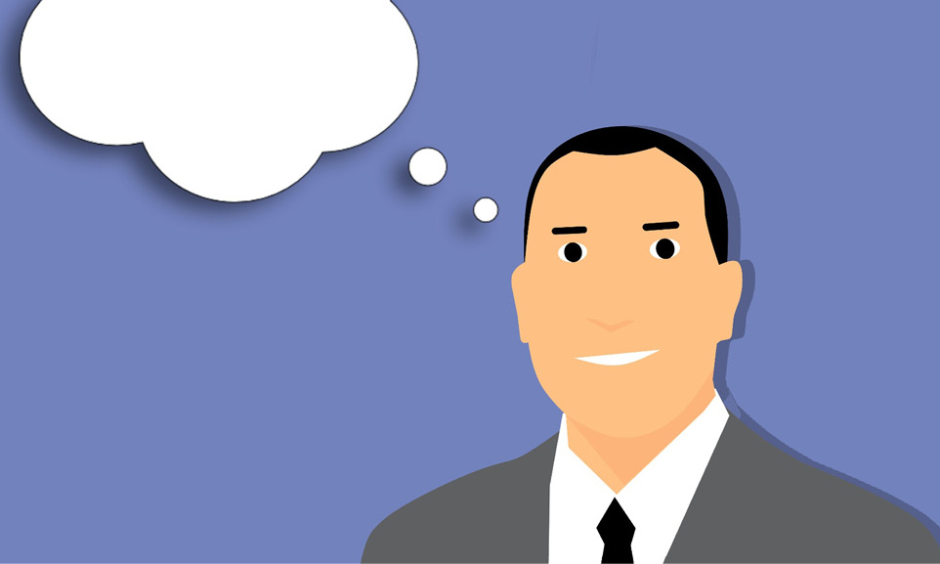THE BRAIN’S mechanisms are similar during both imagined and real movements, findings which could be used to develop new methods of helping recovery in patients with motor disabilities, suggests recent research. The study, from Karolinska Institutet, Solna, Sweden, showed that our perception is changed in the same way during imagined movements as real ones.
Mental Training
Mental training is known to enhance motor performance and is often used by elite athletes and professional musicians. To better understand the mechanisms that lay behind this, the team asked 36 healthy individuals to either perform or imagine performing a movement during a series of experiments. Muscular activity was recorded to ensure the participants were not moving whilst imagining.
Equivalent Perception
In the tests, the participants imagined pressing their right finger against the relaxed left finger, and at the same moment, specially designed equipment applied a touch to their left finger. This touch was perceived by the subjects to be less intense compared to when they neither moved nor imagined; this indicated their brains had predicted how they would feel. This weakened perception during imagination was observed to be equivalent to their perception when the movement was physically performed.
“Our study shows that if we imagine movement but we do not physically perform it, real touch will still feel less intense,” explained lead author Dr Konstantina Kilteni, Karolinska Institutet. “This implies that during imagining the movement the brain also predicts how we would feel if the imagined movements were executed. Taken together our findings suggest that imagined and real movements have very similar brain mechanisms, if not sharing the same one, which may explain the positive effects of mental training.”
Future Applications
The authors hope the findings can be built upon in clinical research to develop techniques that enable patients with motor disabilities, for example stroke, to imagine undertaking a movement they cannot physically perform, thereby benefitting their motor rehabilitation. There is also a potential application in brain-computer interfaces, used by paralysed or amputated patients to control limbs through imagination.
James Coker, Reporter
For the source and further information about the study, click here.








